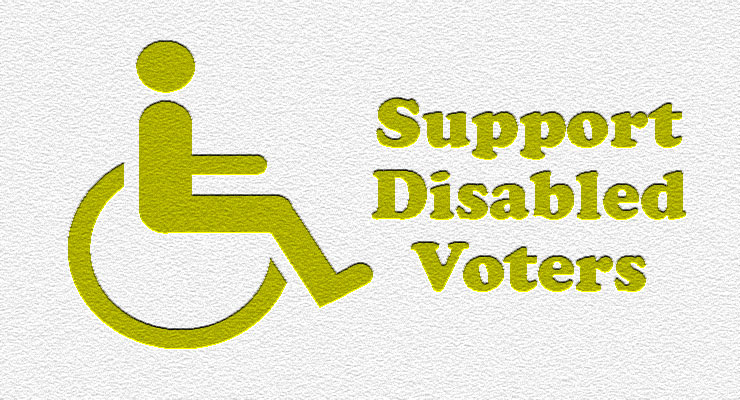
Given the persistent resistance of businesses and local and state governments and employers to disability civil rights, it may come as a surprise how that legislation came to be. Normally, Republicans would fit the above constituency, and Republican judges are very hostile to most disability complaints brought to them. They are like anti-legislators, exercising another veto when the president did not.
Let’s examine the Rehabilitation Act, the Americans with Disabilities Act and the ADA Amendments Act. These acts were passed in 1973, 1990, and 2008, respectively. The political background is the thing I find interesting. In all three of those years, the U.S. House was ruled by a Democratic Party majority. Also, in all three of those years, there was a Republican Party president. This is very strange, but the bipartisan cooperation showed perhaps that the People wanted disability rights and so the People’s House passed it with a sympathetic majority. With a major piece of civil rights legislation in front of a Republican president with pressures not to sign from the above hostile constituencies, but many Republican individuals in support for their own family members or themselves, these presidents weighed the consequences and signed.
Republican House majorities can stifle and prevent disability rights expansion and this is why so much good legislation dies in some Republican-packed committee. That dynamic changes when Democrats are in charge, and if something doesn’t pass, it is more a question of having the time and making choices about which legislation is most important.
I have run for Congress 3 times and my ADA rights were violated all 3 times. One national leader in the disability rights community said that I was needed in Congress because there are too few people with mental and physical disabilities (like I have) in Congress to push for good legislation.
It’s true. Much civil rights legislation is ushered through the House by people having direct personal experience of the violations and the fact that the law creates too many barriers to relief and judges with bad attitudes can too easily destroy civil rights with a plethora of excuses and barriers. Terrible precedents are set by circuits like the 7th Circuit and Congress in 1925 made it impossible for people to exercise the 5th Amendment right to access the U.S. Supreme Court. Perhaps Congress should act and the U.S. Supreme Court should be forced to take appeals from anyone demanding relief under certain disability rights legislation. No more allowing circuits to have their own supreme court status because they know they will not be reviewed.
The answer to bad judges is more democratic involvement since judges are the absolute least democratic institution in a society unless judges are elected. But U.S. federal judges are not elected and they often use their power to defeat civil rights legislation and defeat the disabled people who need it and use it. This is where the “frivolous” weapon comes out like fangs in the judge’s face and you lose.
Another way to deal with it is to create an Article I Court of Appeals for all disability matters, with authority to overturn any circuit court or district court directly.
In January 2019, we are moving into another period with a Democratic House and a Republican president, and this tells me there will be opportunities for fantastic advances in disability rights. We need an omnibus disability rights bill that corrects all of the problems we can identify in all areas of the U.S. Code and Code of Federal Regulations.
Leave a Reply